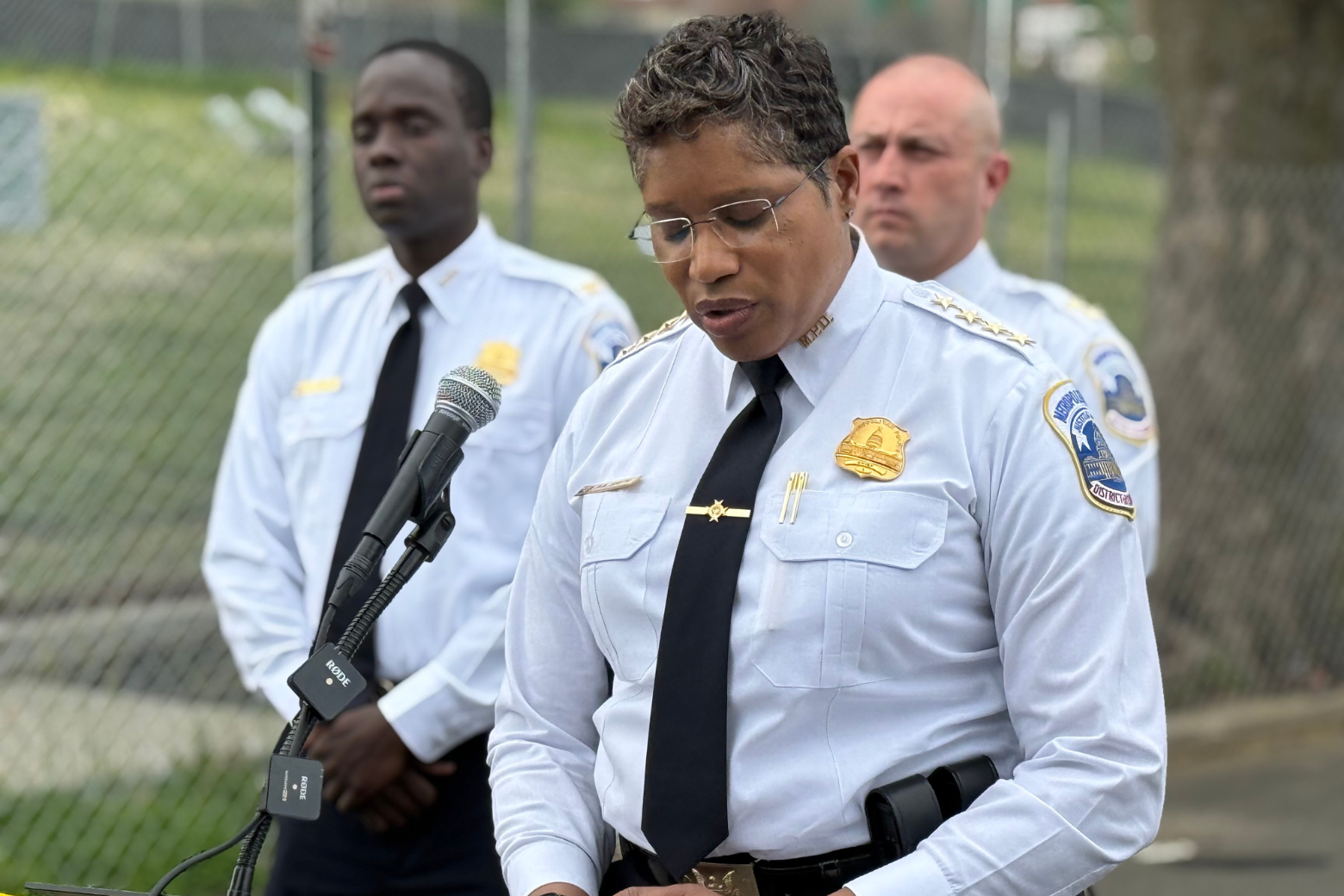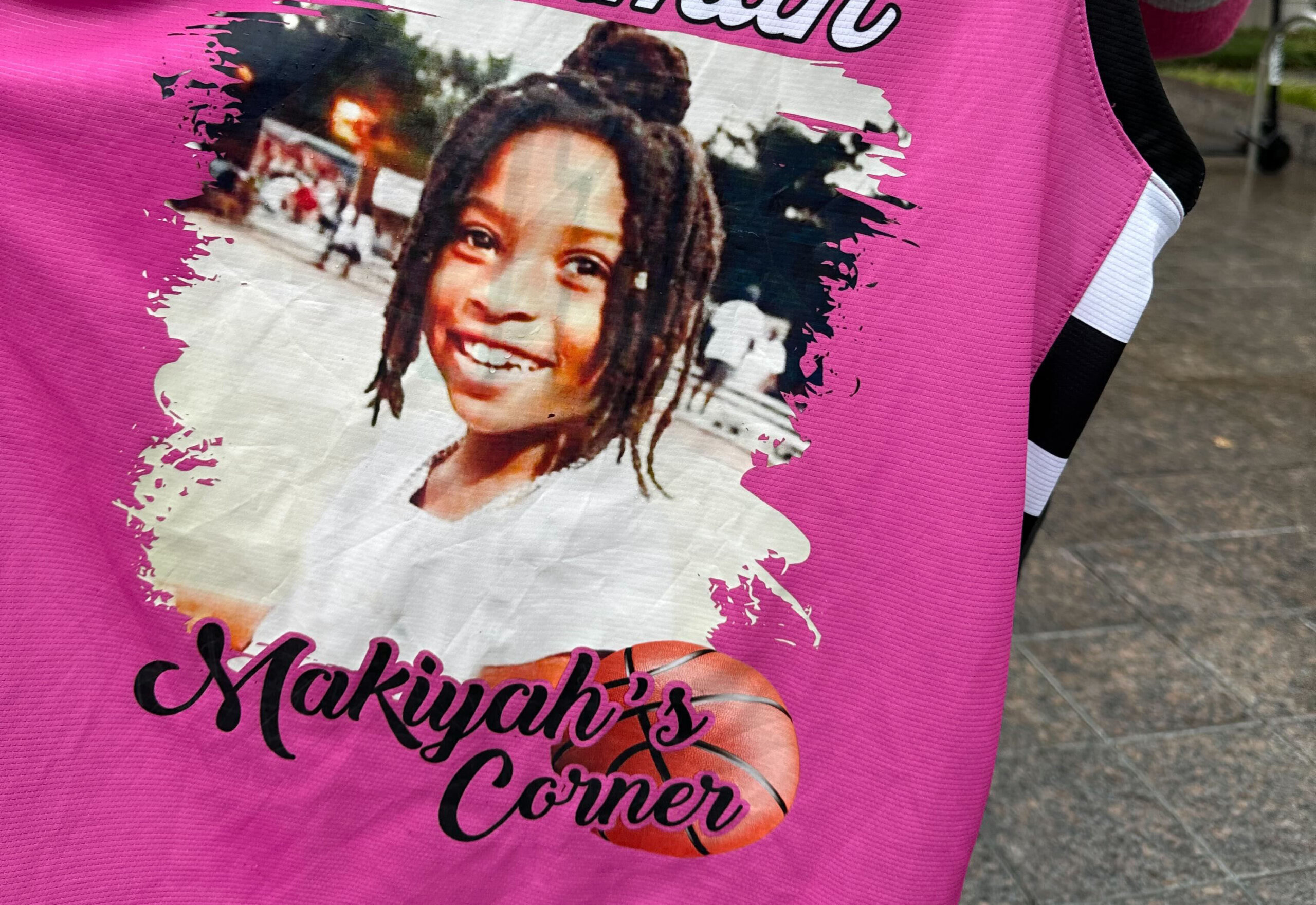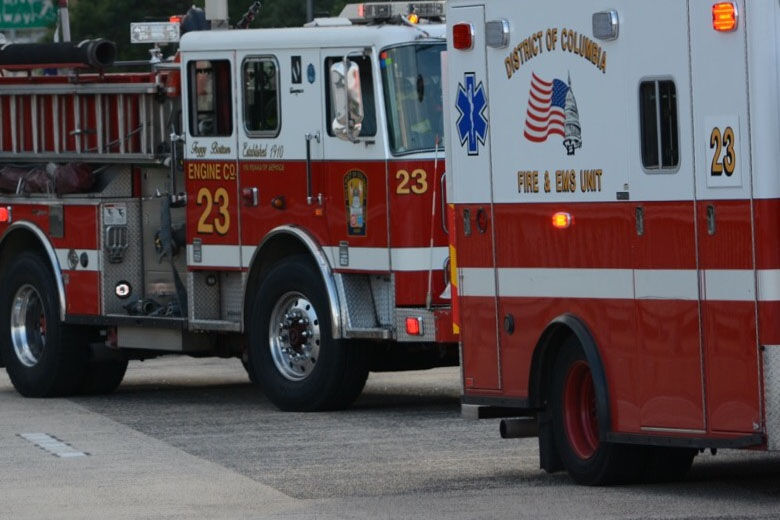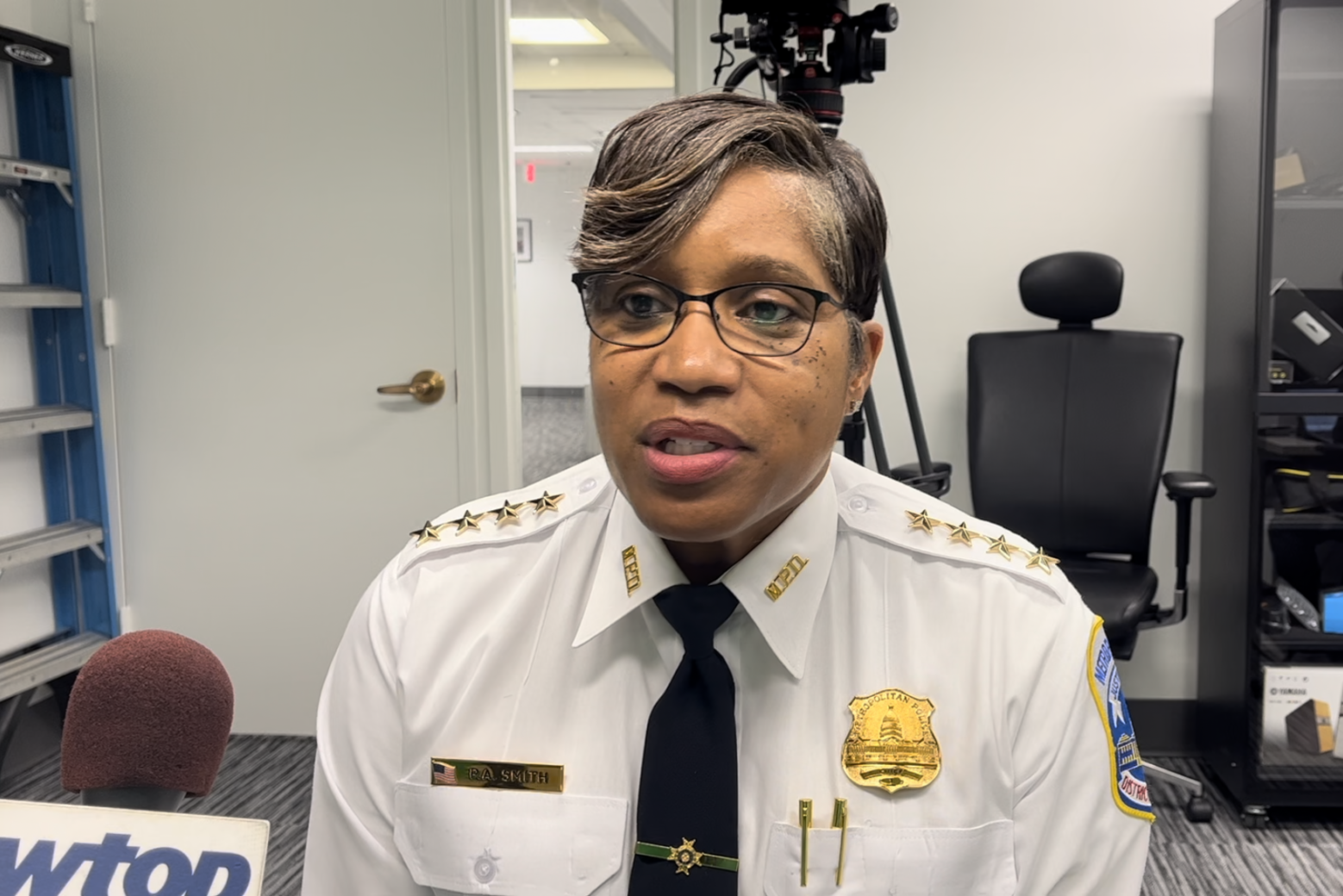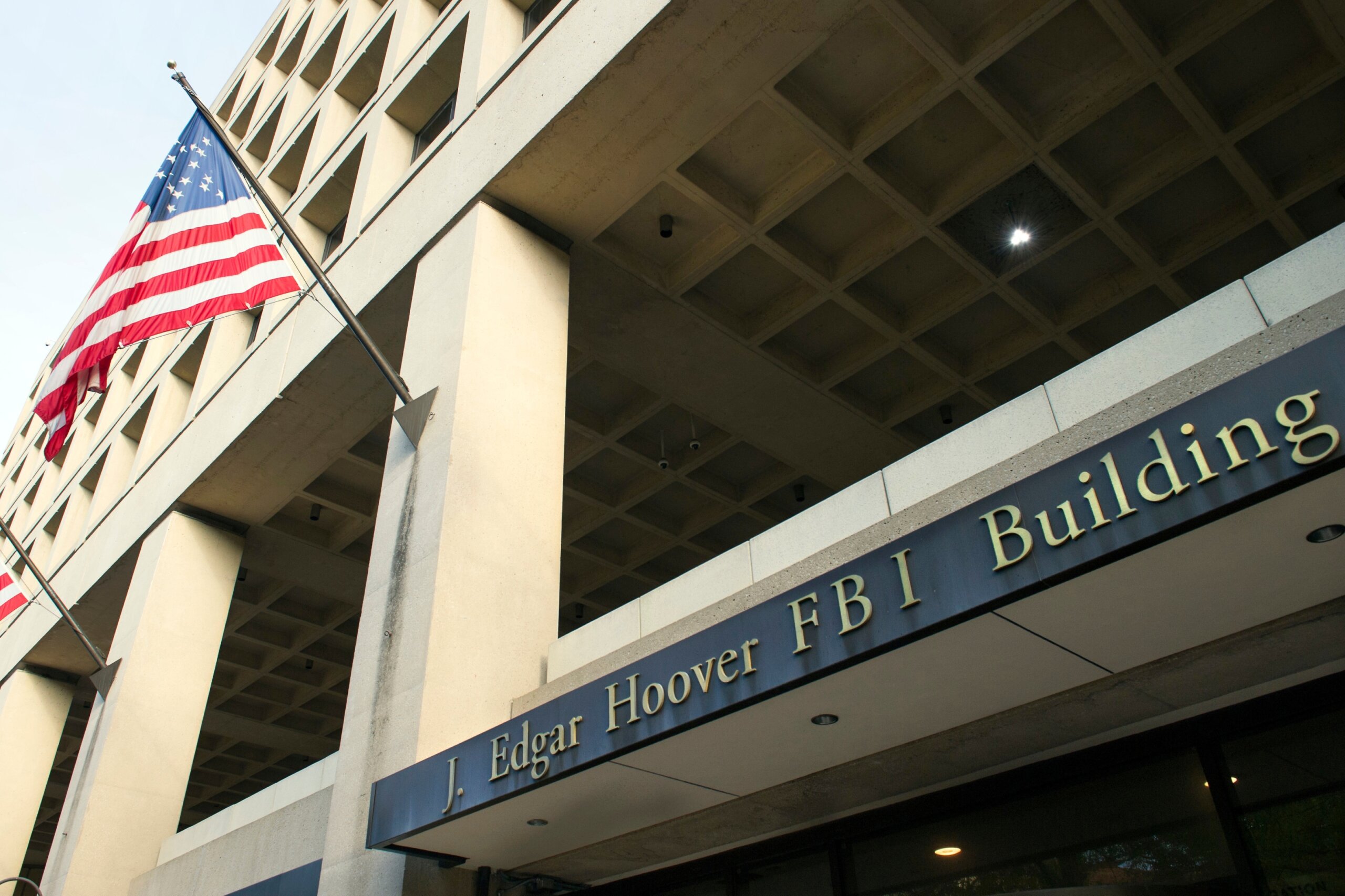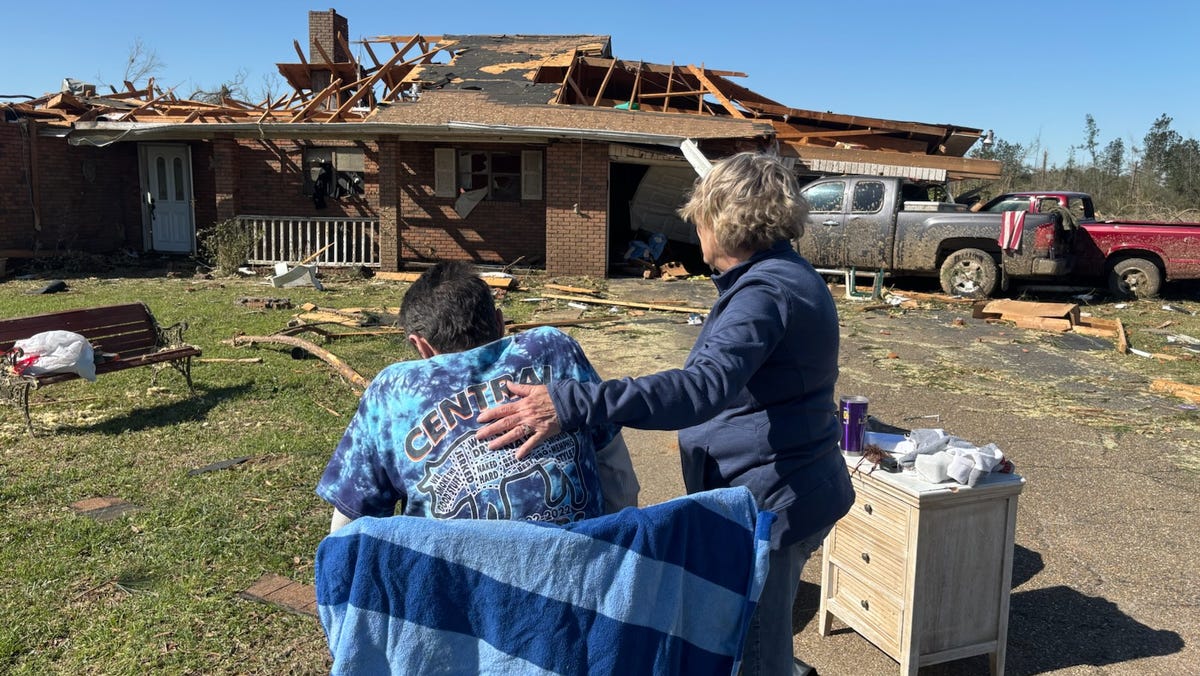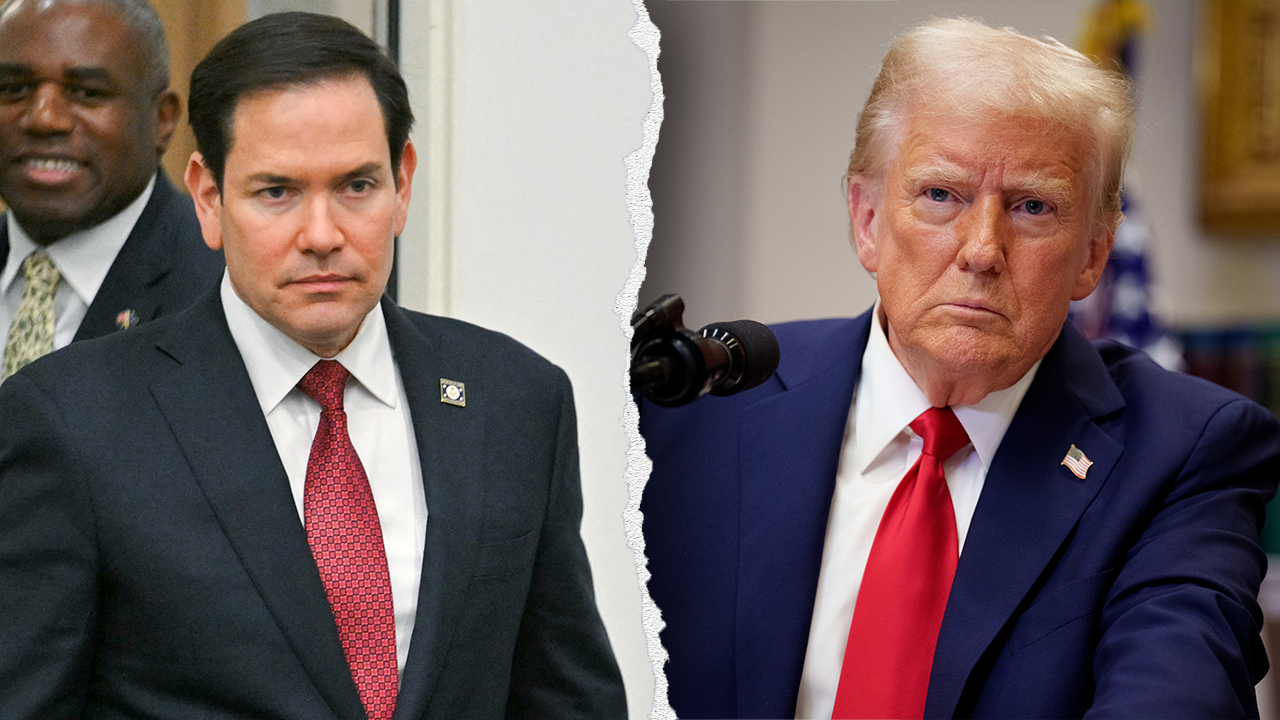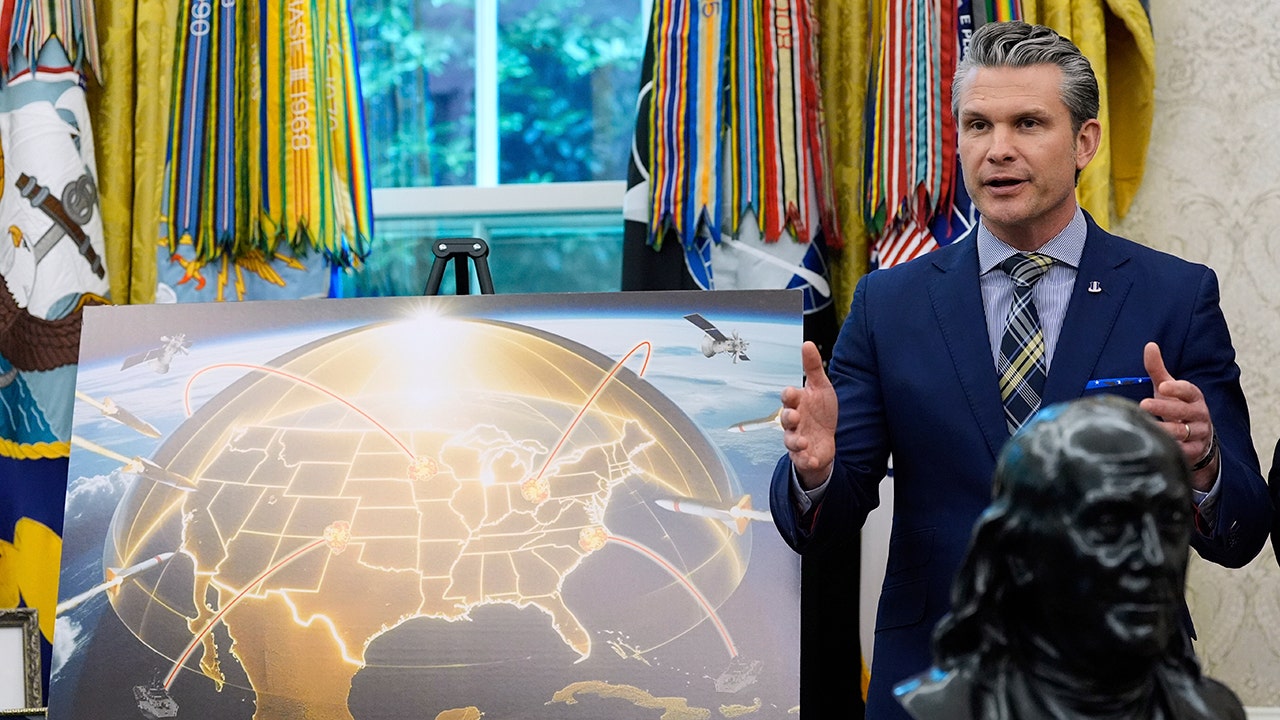Washington, D.C
DC records more than 100 homicides in earliest time frame since 2003

Washington, D.C., has recorded 100 homicides in the first six months of 2023, the earliest that the district has hit the mark in two decades.
The 100th homicide was reported on Wednesday in southeast D.C. on South Capitol Street just after 6:30 p.m. Police officers who arrived at the scene found a man suffering from gunshot wounds in the street, per Fox 5 DC. The victim died at the scene, and investigators are searching for a vehicle connected to the killing. Later on Wednesday night, a man and woman were shot on 49th Street, marking the 101st homicide in the district with no suspects or motives identified.
INCREASING BIG BANK CAPITAL REQUIREMENTS WOULD BE ECONOMIC FOLLY
The D.C. Police Union issued a statement on the 100th homicide report, claiming it was the earliest date the district has reached 100 homicides since 2003.
“In 2022, the 100th homicide was recorded on June 24. In 2021, the date was July 10. Over the past 10 years, the average date that we have reached this grim marker is October 25,” the union wrote in a press release.
Crime rates compared to 2022 have been steadily increasing. Homicides are up 19% from this time last year, total violent crime is up 16%, and total overall crime is up 27% as of Wednesday.
“This increase in crime is due to D.C. Council’s implementation of misguided ‘police reform’ legislation,” Union Chairman Gregg Pemberton said. “The Council’s actions have had a chilling effect on professional and responsible policing and caused over 1,200 police officers to leave the agency.”
The union claimed that recent legislation and police reform strategies that began in 2020 are to blame for the mass exodus of officers from the Metropolitan Police Department. Two bills have been subjected to scrutiny in recent months: one focusing on the criminal code and one focusing on police reform.
The D.C. Council overwhelmingly approved a bill last year that would have implemented a massive overhaul of the city’s criminal code, completing a project district lawmakers had been working on for 16 years. The law would have weakened penalties for several crimes, including carjackings and homicide, and would not have gone into effect until 2026.
The bill became a source of in-fighting between Mayor Muriel Bowser and council members. The council passed the bill in November 2022 but it was vetoed by Bowser. However, the council overrode her veto in January, allowing it to become law.
Washington, D.C.’s criminal code, like all legislation coming out of the district, is subject to congressional oversight. In February and March, the House and Senate voted to overturn the overhaul of the criminal code, marking the first time in 30 years that Congress has repealed a local law passed by the D.C. Council. President Joe Biden went against the calls from the more left-leaning members of his party and signed the bill, overturning the D.C. Council’s law.
The D.C. Council pushed back against Congress during the process, at one point withdrawing the bill in an attempt to prevent Congress from overturning the code. The vote still went through, effectively scrapping the district’s attempts to soften punishments.
The second bill to appear before Congress focused on police reform. Several of the police reforms focus on prohibiting the use of neck restraints, increasing access to body camera footage, and revising officer discipline procedures. Both the House and Senate voted to overturn these reforms in May. However, Biden vetoed the congressional effort, which allowed the police reforms to remain in effect.
“Resignations are now outpacing retirements, and recruiting numbers are abysmal. Without serious efforts to repeal this legislation, this situation will only continue to get worse,” Pemberton said.
In March, a report released by DC Crime Facts showed that the U.S. attorney for Washington, D.C., declined to prosecute 67% of people arrested by police officers in 2022. U.S. Attorney Matthew Graves said there were several reasons for not prosecuting less serious crimes, such as an unaccredited crime lab and police body-camera footage leading to severe scrutiny.
“Since 2019, we have been taking more time at arrest to determine if we are going to file charges. With body-worn camera and the proliferation of surveillance cameras, we have more information at the charging stage to assess the strength of the evidence we would be presenting later to courts and juries,” Graves said.
CLICK HERE TO READ MORE FROM THE WASHINGTON EXAMINER
Former D.C. Police Chief Robert Contee, who retired on June 3, said in March that his officers were not to blame for the lack of prosecutions and that prosecutors may also be not as willing to push a case if they have concerns about witnesses.
The Washington Examiner reached out to D.C. police for comment on the homicide figure.

Washington, D.C
Loved ones remember Israeli Embassy employees killed in Washington D.C.
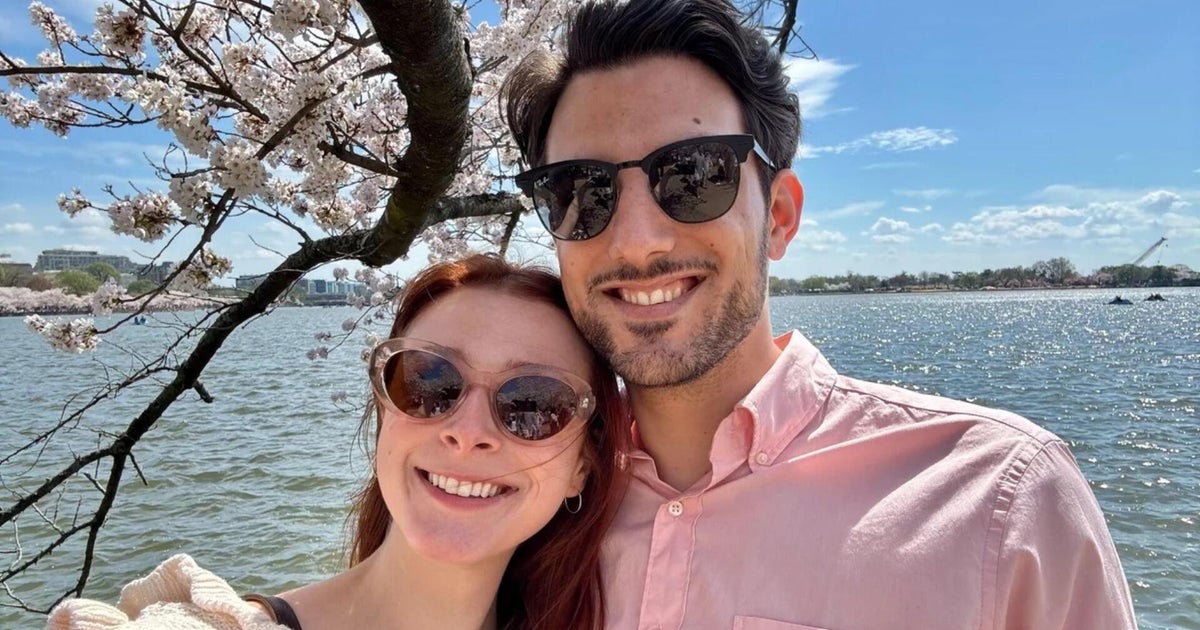
Watch CBS News
Be the first to know
Get browser notifications for breaking news, live events, and exclusive reporting.
Washington, D.C
Suspect charged in Washington DC killings of two foreign officials
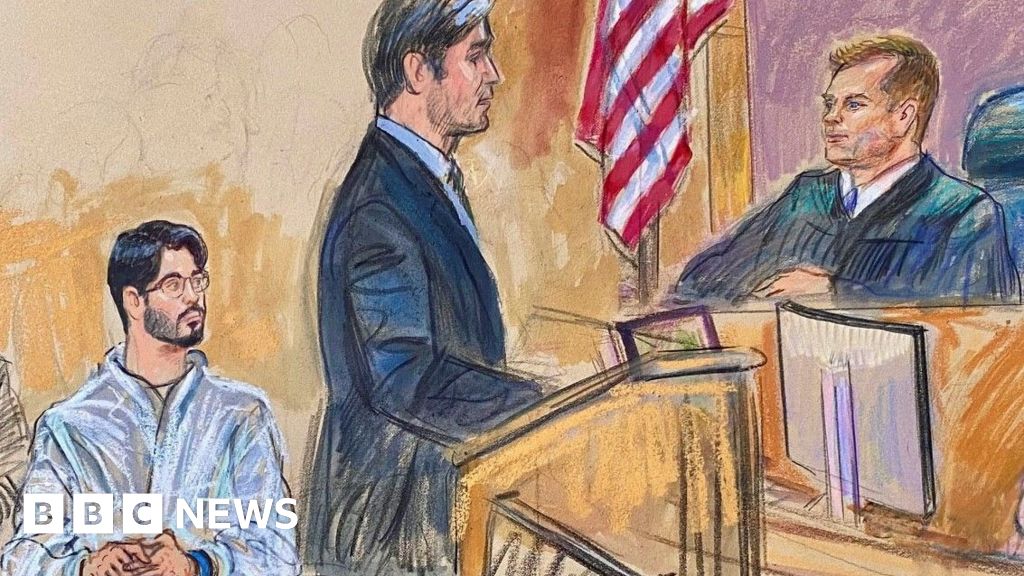
BBC News
The suspect accused of gunning down two Israeli embassy staff members outside a Jewish museum in Washington DC has been charged with first-degree murder, as well as murder of foreign officials and related firearm charges.
Wednesday night’s attack is being investigated as a hate crime, and more charges are expected, US Attorney Jeanine Pirro said at a news conference.
“This is a death penalty-eligible case,” she said on Thursday, adding that it is too early to say whether prosecutors will decide to seek a death sentence.
Steve Jenson, from the FBI’s Washington DC field office, called the killings “an act of terror and directed violence against the Jewish community”.
Couple Yaron Lischinsky and Sarah Lynn Milgrim were shot dead outside an event at the Capital Jewish Museum in Washington DC around 21:08 local time (02:08 BST) on Wednesday, police said. The suspect opened fire on a group of four exiting the event, killing the two victims, police said.
Police identified the suspect as 30-year-old Elias Rodriguez from Chicago. He was arrested at the scene shortly after the shooting.
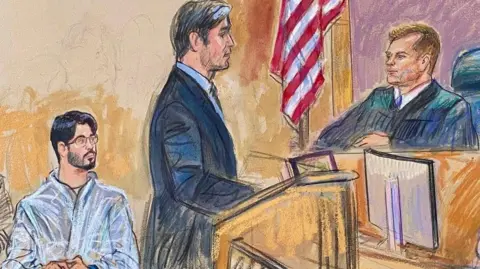 Reuters
ReutersOfficials said he was seen pacing outside the museum before opening fire. Eyewitnesses told the BBC he initially was mistaken for a traumatised bystander, and given aid inside the museum.
One witness, Yoni Kalin, said people inside had been “calming him down”. “Little did we know he was somebody that executed people in cold blood,” he said.
Police said the suspect also shouted “free Palestine” before he was taken into custody.
The suspect landed in the Washington DC area one day earlier, Jenson said, and investigators are still piecing together his whereabouts before the attack. According to an affidavit, officials believe he flew on Tuesday from Chicago to Washington DC for a work conference.
Social media accounts linked to the suspect show he worked at the American Osteopathic Information Association (AOIA) in Chicago as an administrative specialist since 2024.
At his court hearing Thursday, the suspect was charged and ordered to remain in detention. His next hearing was scheduled for 18 June.
 Reuters
ReutersIsrael’s ambassador to the US Yechiel Leiter said shortly after the shooting that Mr Lischinsky planned to propose to Ms Milgrim during an upcoming trip they had planned to Jerusalem.
“They were a beautiful couple,” Leiter said at a news conference.
A vigil for Ms Milgrim was expected on Thursday in her hometown of Kansas City. She previously had spoken out about her fears of antisemitism in American public life. In 2017, she was interviewed by a local TV station after her school in Kansas was vandalised with a Nazi swastika.
“I worry about going to my synagogue, and now I have to worry about safety at school and that shouldn’t be a thing,” said Ms Milgrim, who was in her final year of high school at the time.
Police said the suspect was not on their radar and has no prior interactions with law enforcement. They said he admitted to the attack and is believed to have acted alone.
The gun used in the attack was a 9mm handgun legally purchased in Illinois in March 2020 and brought to Washington in his checked luggage. Illinois has some of the most restrictive gun laws in the US.
Social media accounts linked to the suspect also indicate that he was heavily involved in the pro-Palestinian protest movement. Investigators said they were working to authenticate writings online purportedly authored by him, accusing Israel of genocide in Gaza, criticising US policy and discussing the use of political violence.
A home linked to the suspect in Chicago was seen being searched on Thursday, and authorities also said they were scouring his electronic devices.
One of his neighbours in Chicago, John Wayne Fry, told reporters that he lived in the same apartment building as the suspect for around a year.
The suspect displayed a photo outside his flat of a Palestinian-American child who was killed in Chicago in 2023, Mr Fry said.
The man who killed six-year-old Wadee Alfayoumi was convicted of hate crime charges earlier this month. Officials said he was motivated by hatred for Islam and the conflict in Gaza.
It is unclear whether the suspect had any direct contact with the boy’s family.
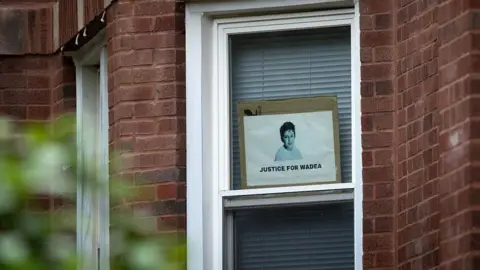 Getty Images
Getty ImagesJojo Kalin, one of the event’s organisers in Washington DC, told the BBC that the event the victims attended was focused on how to build a coalition to help people suffering in Gaza amid the ongoing Israel-Hamas war.
She added it is “deeply ironic that what we were discussing was bridge building and then we were all hit over the head with such hatred”.
The attack was condemned by world leaders, including UK Prime Minister Keir Starmer, who said he “thoroughly” condemns the “antisemitic attack” in Washington DC.
Israeli Prime Minister Benjamin Netanyahu called the attack “a heinous antisemitic murder” and added that security would be increased for Israeli representatives and diplomatic missions worldwide.
US President Donald Trump also decried antisemitism in response to the attack, writing on his social media platform Truth Social that “hatred and radicalism have no place in the USA.”
Trump and Netanyahu later spoke over the phone about the incident, where the US president expressed sorrow to his Israeli counterpart, according to a readout of the call.
With reporting from Mike Wendling in Chicago
Washington, D.C
Two Israeli embassy staff members killed outside Jewish museum in Washington DC – video
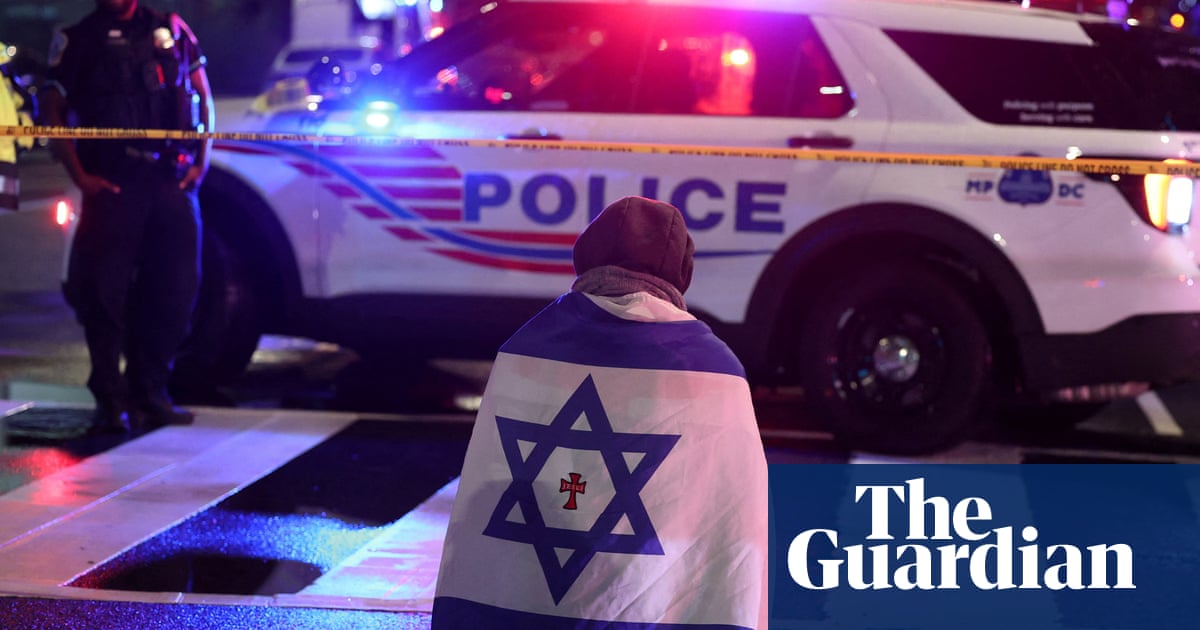
Two staff members of the Israeli embassy in Washington DC were shot and killed near a Jewish museum. Metropolitan police chief Pamela Smith said a preliminary investigation showed both victims were exiting an event at the museum when the attack took place. The suspect is in custody.
-

 Education1 week ago
Education1 week agoVideo: Opinion | We Study Fascism, and We’re Leaving the U.S.
-

 Technology1 week ago
Technology1 week agoLove, Death, and Robots keeps a good thing going in volume 4
-

 News1 week ago
News1 week agoAs Harvard Battles Trump, Its President Will Take a 25% Pay Cut
-

 Culture1 week ago
Culture1 week agoBook Review: ‘Hunger Like a Thirst,’ by Besha Rodell
-

 Technology1 week ago
Technology1 week agoMeta asks judge to throw out antitrust case mid-trial
-

 Politics1 week ago
Politics1 week agoRepublicans say they're 'out of the loop' on Trump's $400M Qatari plane deal
-

 World1 week ago
World1 week agoCommissioner Hansen presents plan to cut farming bureaucracy in EU
-
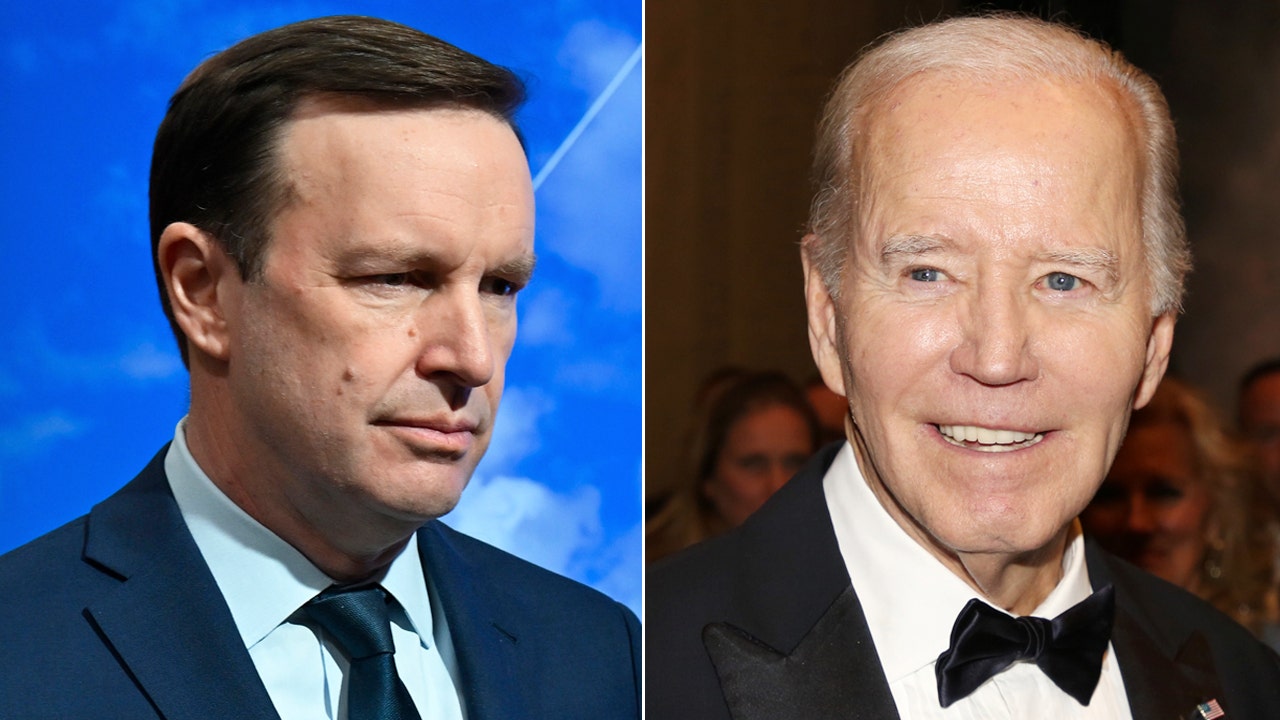
 Politics1 week ago
Politics1 week agoDem senator says 'no doubt' Biden declined cognitively during presidency
